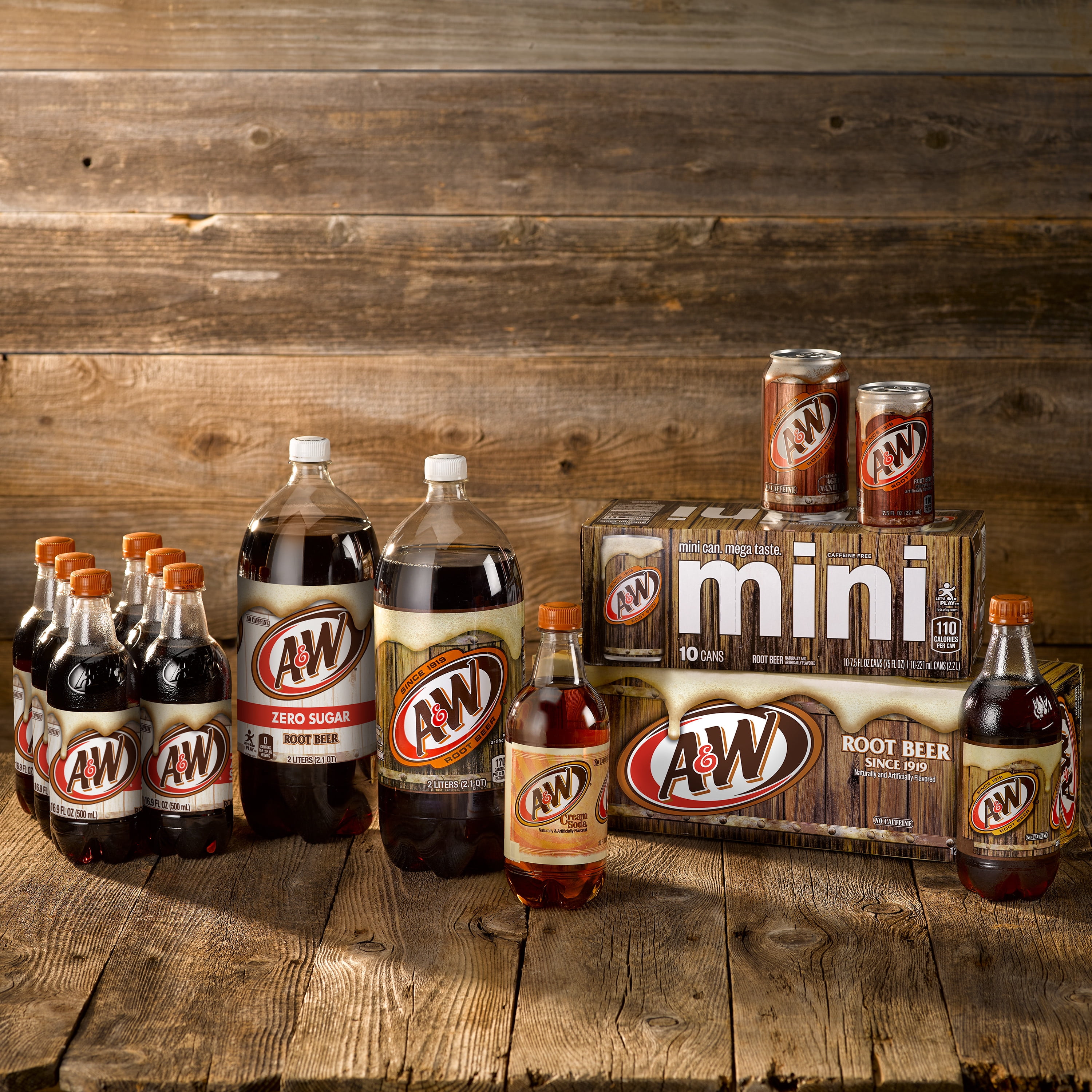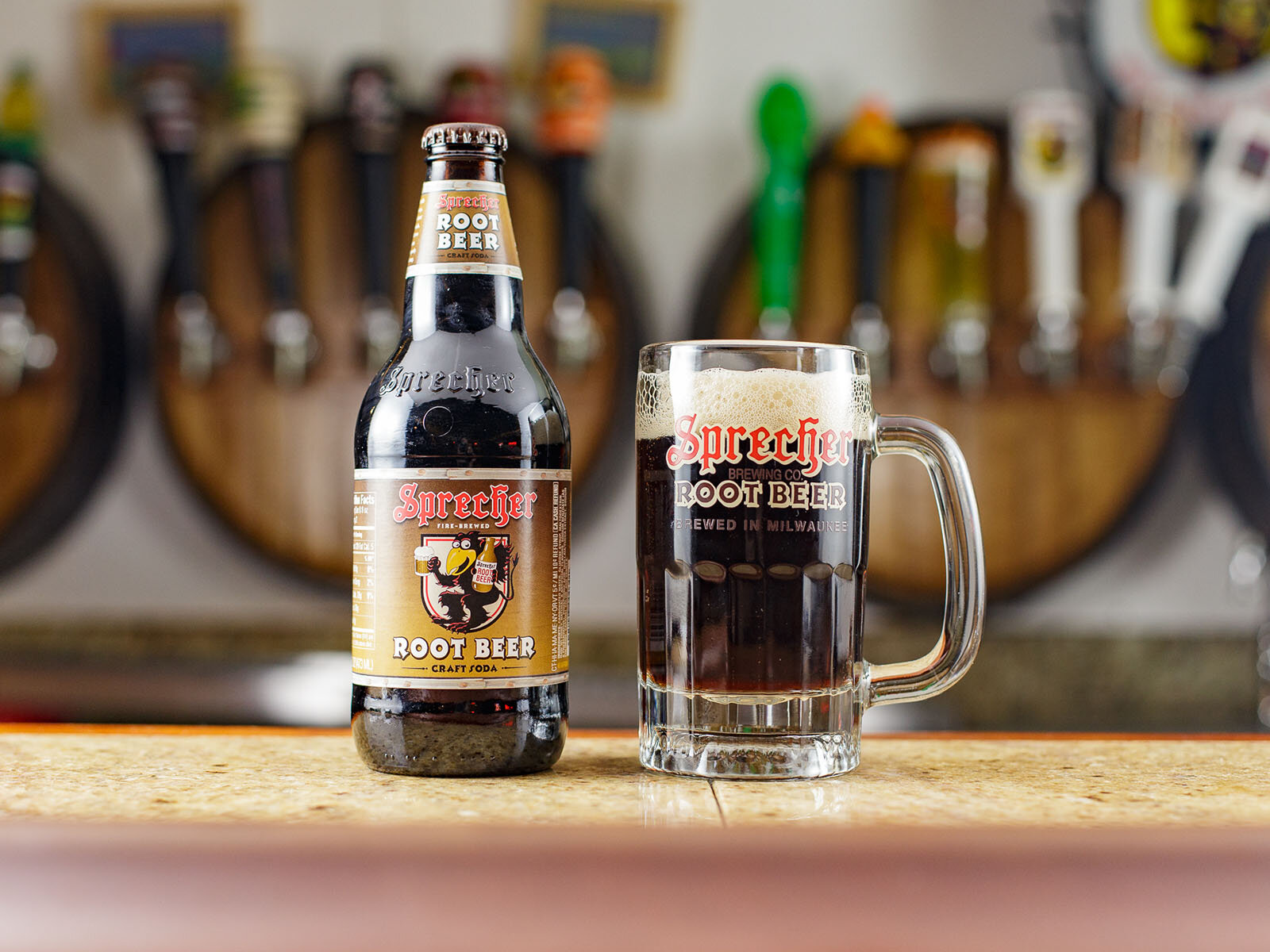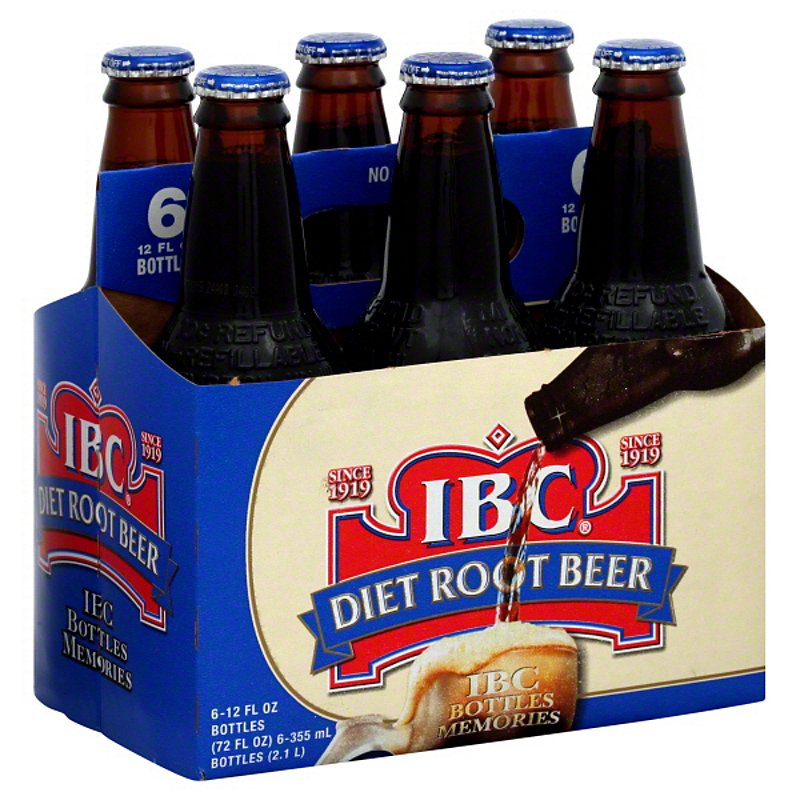Some people who don’t know enough about root beer might confuse it with beer. However, the two are very different, and this difference primarily has to do with the alcohol content and taste. Most root beers are non-alcoholic carbonated sodas that are sweet. In addition, root beers are not made from grains and hops, the primary ingredients of beer.
Some of its traditional base ingredients include sassafras root and bark, molasses, water, wintergreen, and yeast. With the use of sassafras root, it’s easy to understand why root beer has the word root in it! The more modern root beers add a lot of flavorings like caramel, vanilla, licorice root, nutmeg, cinnamon, and honey in addition to sugar, water, and sassafras without safrole.
Table of Contents
ToggleBanning the use of safrole
The FDA found safrole, a major compound in the sassafras root bark, to potentially contain carcinogens, which led them to ban its use. Companies now manufacture their root beers without this ingredient and use artificial flavors instead.
Root beer origin and history
Root beer originated in North America in the 1840s and was initially marketed as having medicinal properties. Charles Elmes Hires, in 1875, used sassafras to produce and market “root tea” but thought to change the name to “root beer” to appeal to the Pennsylvania coal miners.
Since this root beer was non-alcoholic, it was immediately successful during the time when the United States prohibited the trade and sale of alcoholic beverages. While Hires root beer contained sassafras, his competitor, Barq’s, used sarsaparilla.
How is root beer made?
Root beer is sometimes made using fermentation, where yeast is added to a heated mixture of sassafras, wintergreen, and other ingredients. However, the yeast doesn’t produce enough ethanol because its environment is not ideal.
Plus, carbonation, as a result of carbon dioxide that the yeast produces during the process, is a toxin for the yeast and hence limits the amount of alcohol to about 0.5% ABV. These are called small beers. Sometimes, yeast is not used, and the carbonation comes from cold carbonated water.
Hard root beers have more alcohol content, and the first brewery to make them was Sprecher Brewing Co. Their ABV ranges from 5% to 20%.
The emergence of sugar-free root beer
Root beers are sugary sodas (there are 47 grams of sugar in a mere 12-ounce can of A&W root beer) that impact your teeth and health. Sugar is bad for the body and oral cavity because it can lead to conditions like type-2 diabetes and erode your teeth. Most people are aware of these hazards.
A study conducted on children and adults in the United States found that the consumption of sugary beverages had declined significantly from 2003 to 2014.
Considering that soda companies don’t want to lose their customers, root beer manufacturers have come up with sugar-free alternatives to their beverages to cater to this ever-increasing trend of health consciousness.
There are plenty of sugar-free root beers in the market, but here are the best ones:
1. A&W sugar-free root beer
A&W sugar-free root beer is known for its smooth, complex, spicy, and velvety flavor. A&W’s humble start was in 1919, when one of its founders Roy Allen, started selling root beers on a stand in California. Later, Roy partnered with Frank Wright to expand their business and sell franchises. The company uses splenda to sweeten its sugar-free root beer, which is FDA-approved and safe.
2. Barq’s zero-sugar root beer
With a sharp after-taste, a black licorice flavor, and great carbonation, Barq’s is liked by many. Although its traditional root beer has caffeine, this version is caffeine free. Barq’s uses two artificial sweeteners for its zero-sugar root beer, aspartame, and acesulfame potassium.
3. Sprecher sugar-free root beer
Launched by Sprecher Brewing Co., you will instantly fall in love with its creaminess. The Sprecher sugar-free root beer is sweetened with a combination of natural sweeteners: stevia, erythritol, and monk fruit.
4. IBC diet root beer
IBC, owned by Keurig Dr Pepper, has been around since 1919, offering great products. Its diet root beer has zero calories, no sugar, and is caffeine-free. Instead of sugar, it uses artificial sweeteners like aspartame and saccharin.
5. Virgil’s zero-sugar root beer
Virgil’s zero-sugar root beer contains a blend of spices and roots. It is rich, complex, smooth, and creamy, making it a delicious beverage to try and will appeal to everyone who is conscious about their health. To sweeten this beverage, Virgil uses stevia and erythritol as sweeteners for its beverage.
Is sugar-free root beer healthy?
Even though root beer companies tout their sugar-free products as all-natural and healthy, especially to attract their health-conscious customers, what they’re missing in their information is the artificial sweeteners that they use, like Sucralose, Acesulfame K (two sweeteners found in Splenda to sweeten A&W’s sugar-free root beer, and Aspartame, are bad for the body.
While sugar-free, these sweeteners are sweet, and the body releases insulin as a result. With excess insulin around, more blood glucose is absorbed by the cells, and the glucose stores in the liver remain there. The result is low blood glucose levels resulting in hypoglycemia. A person normally eats to relieve the symptoms of hypoglycemia. But since extra calories enter the body, you could be prone to developing diabetes.
What is the healthiest root beer?
Out of all the brands listed above, the healthiest is Virgil’s zero-sugar root beer since it uses natural sweeteners, is preservative-free, is made using filtered water, and uses natural flavors. What’s great is that Virgil’s has a rather small and straightforward ingredient list, and you won’t see any scary ingredients on it.
If you are a fan of carbonated beverages and are health-conscious, you could give sugar-free root beers a try. But check the label to make sure that the ingredients used are natural. In addition, a healthy root beer doesn’t mean that it’s giving your body sufficient nutrients. You still need to eat a balanced diet to get all the minerals, vitamins, protein, fats, and carbohydrates that your body needs.

I am a passionate beer connoisseur with a deep appreciation for the art and science of brewing. With years of experience tasting and evaluating various beers, I love to share my opinions and insights with others and I am always eager to engage in lively discussions about my favorite beverage.





















